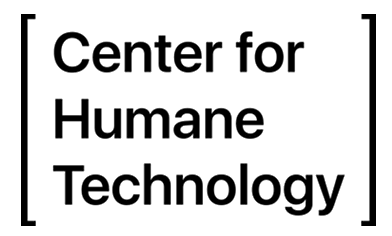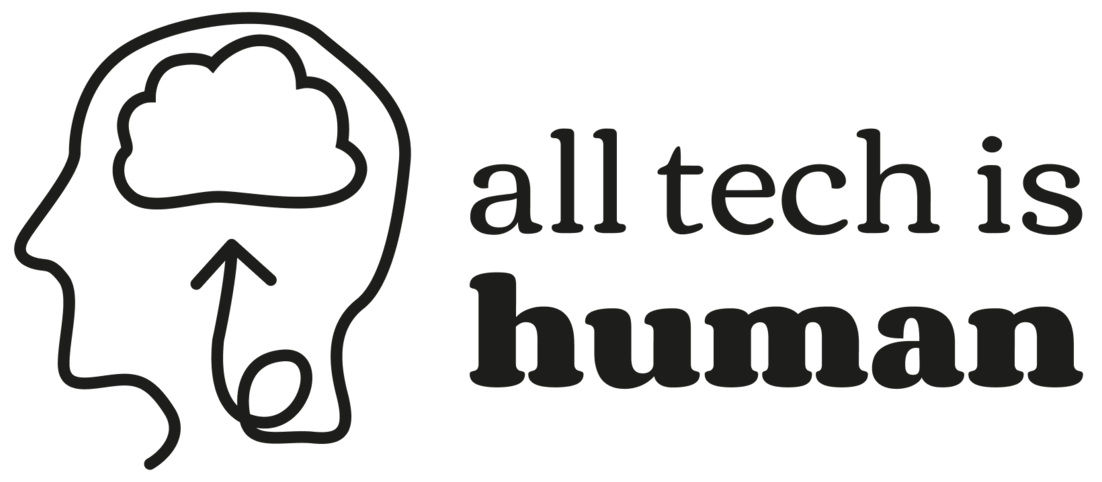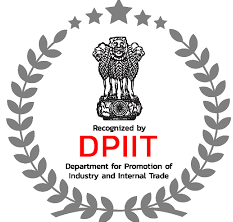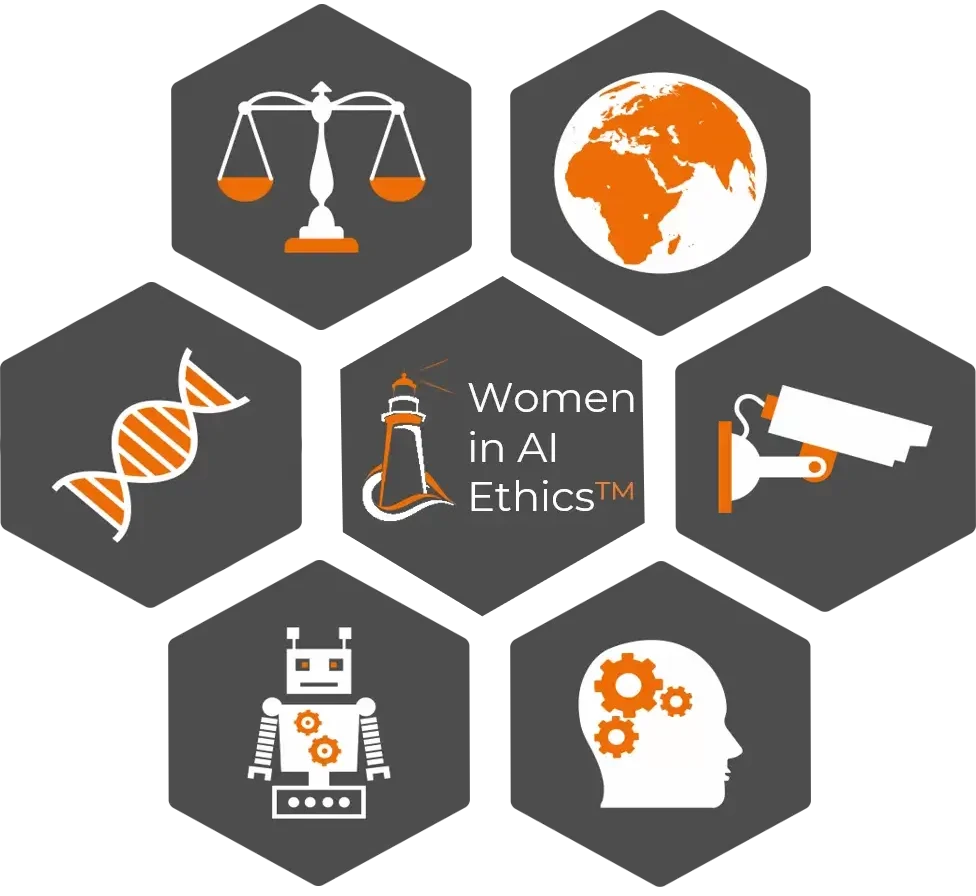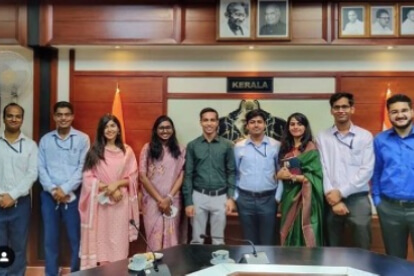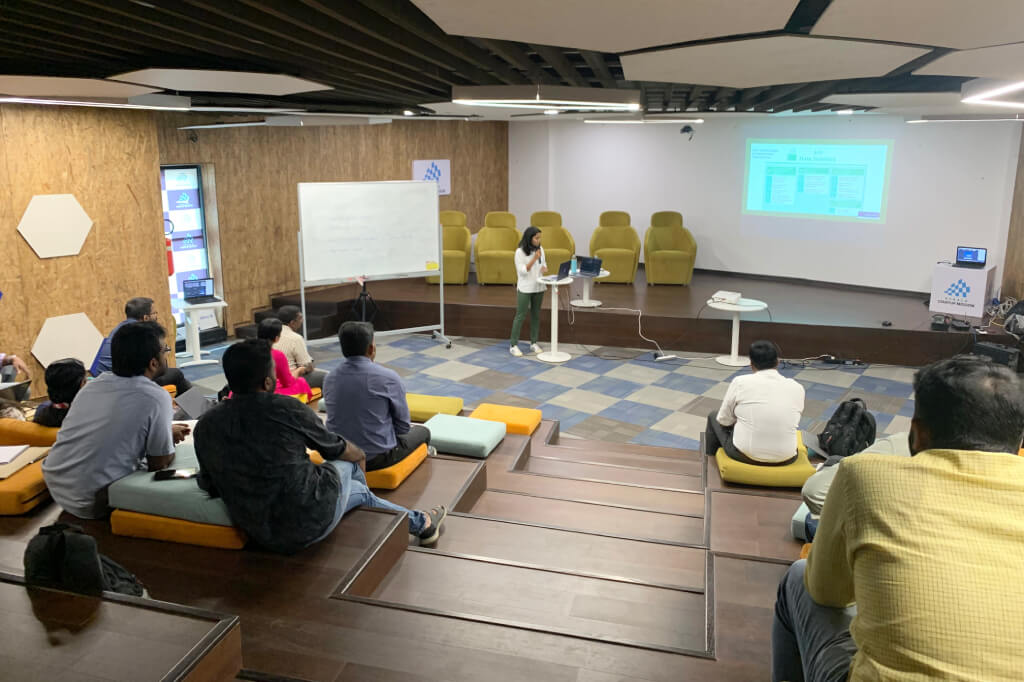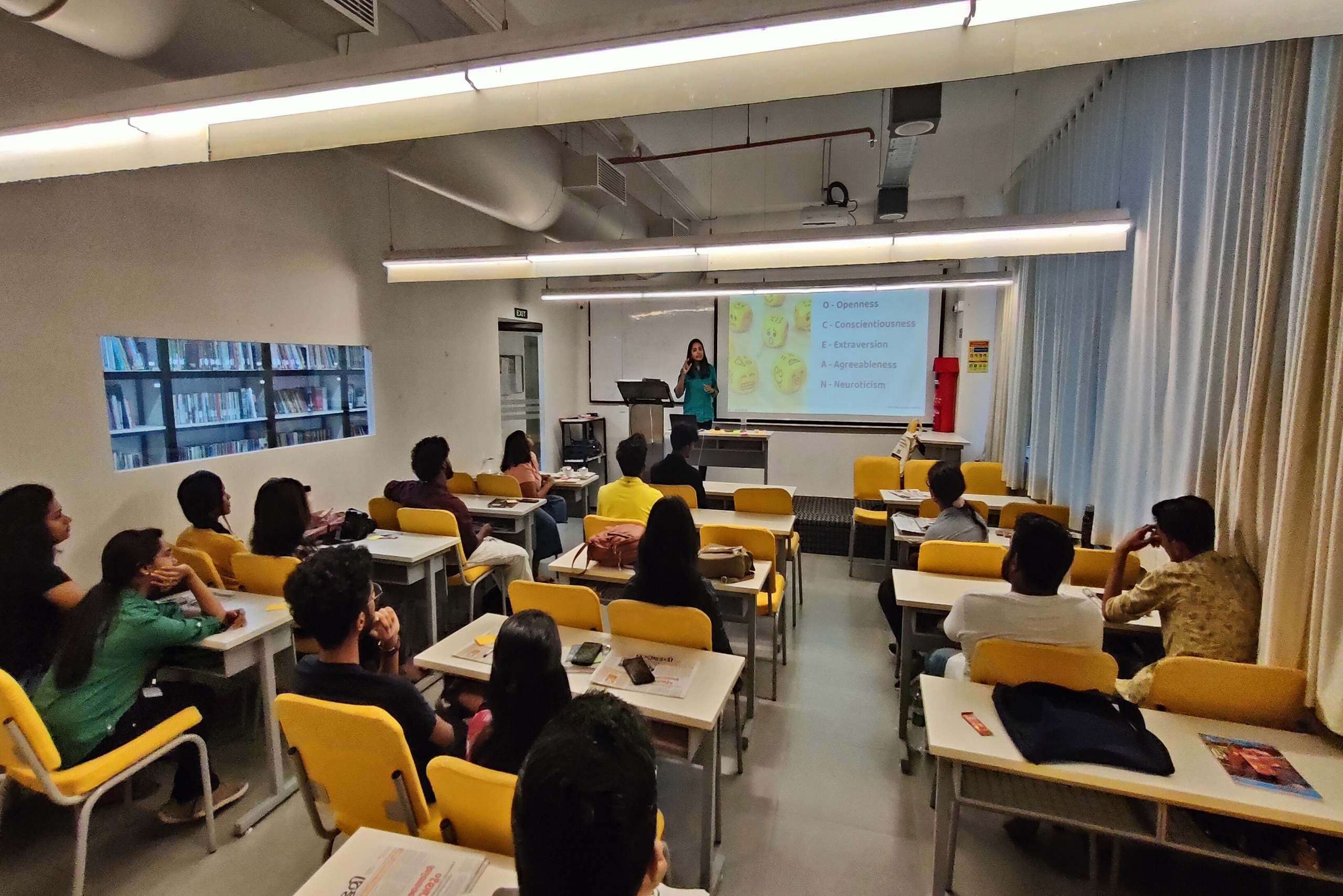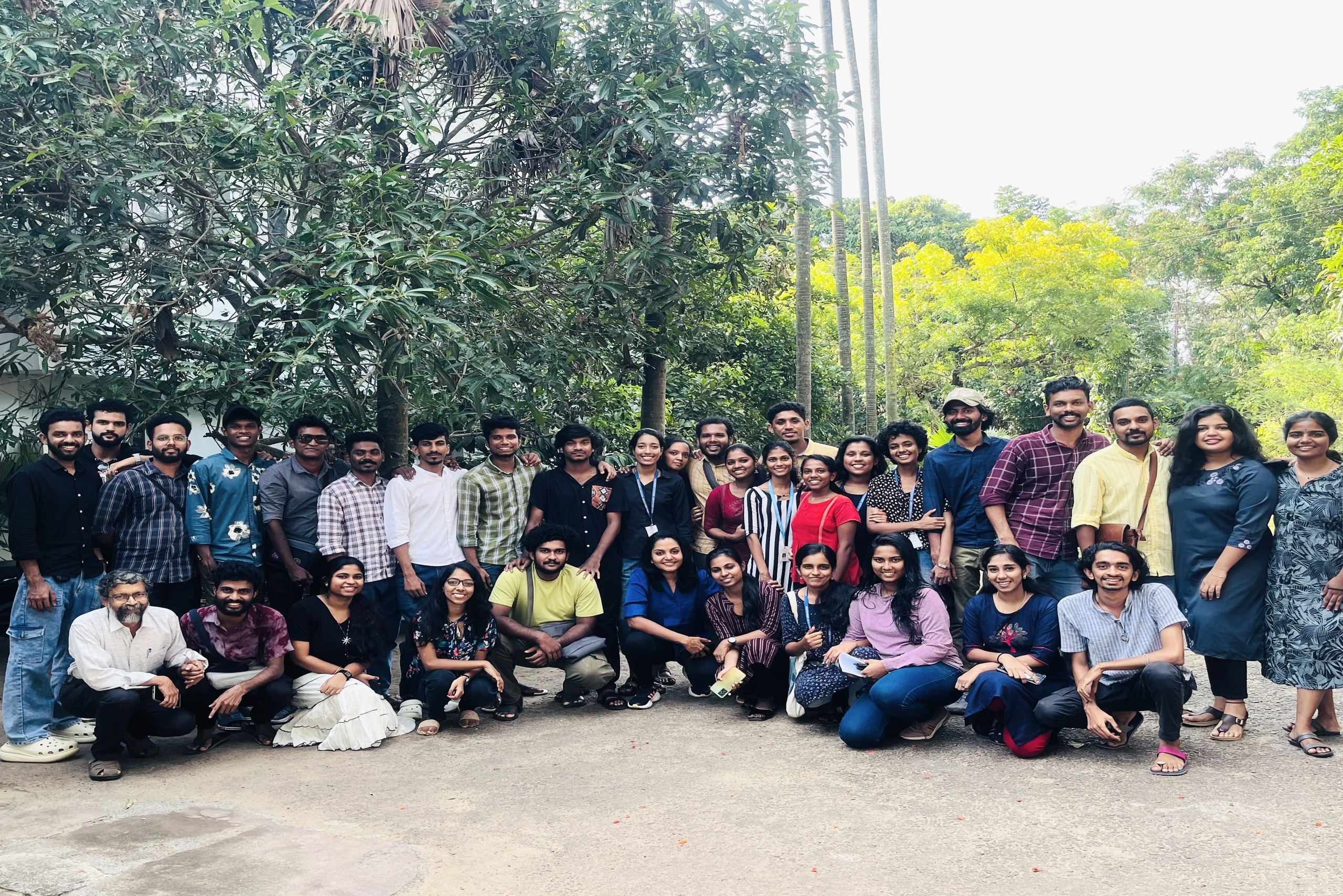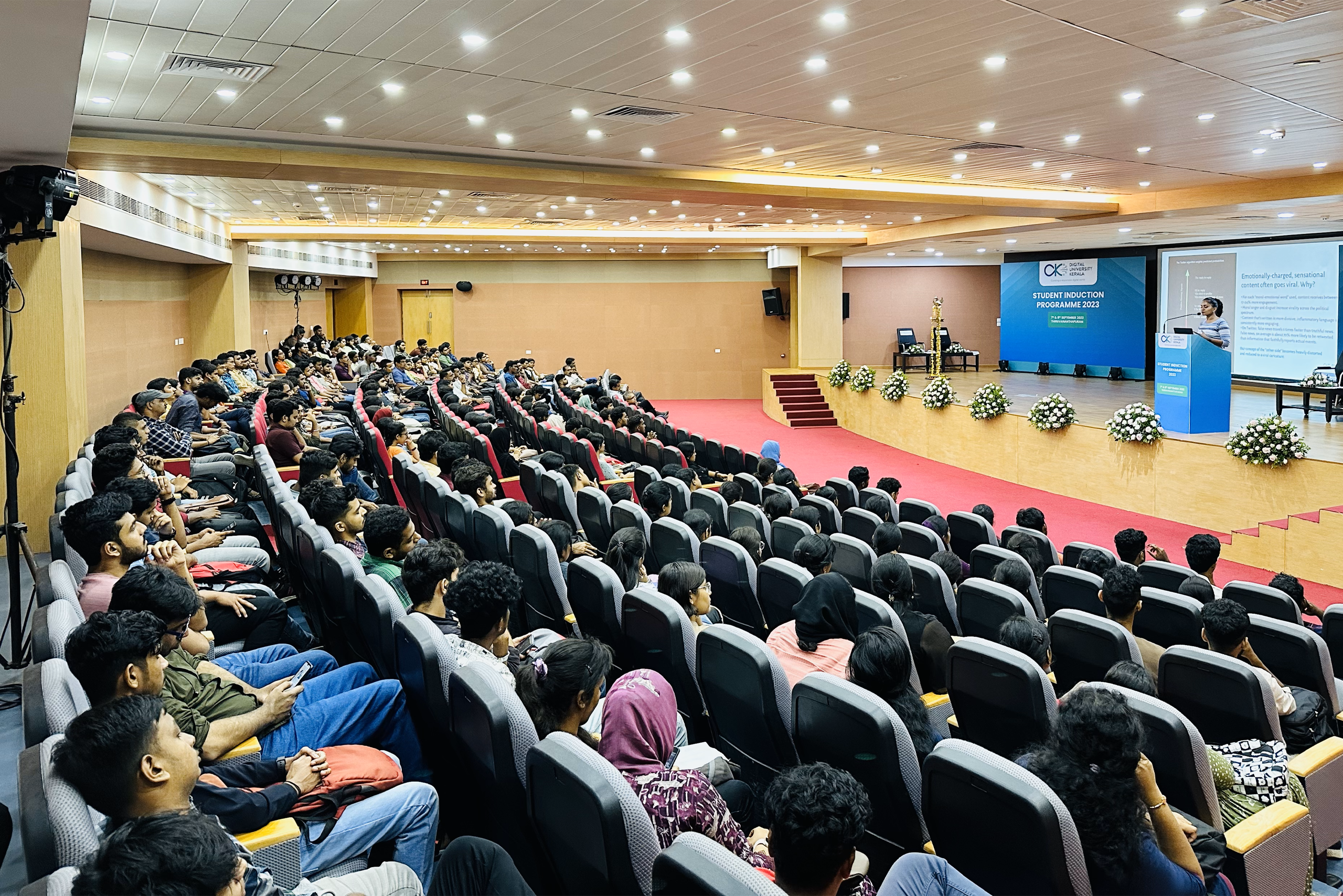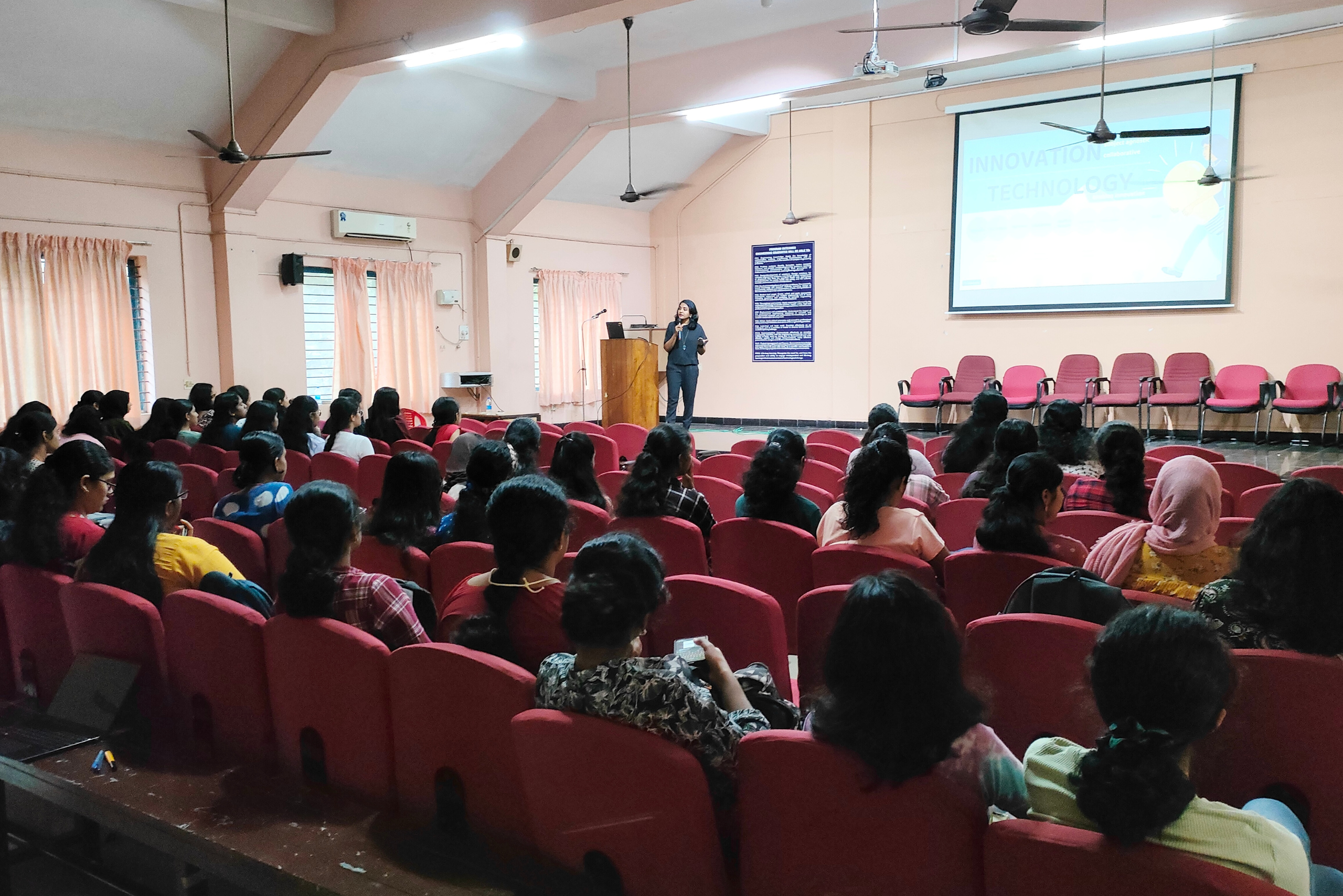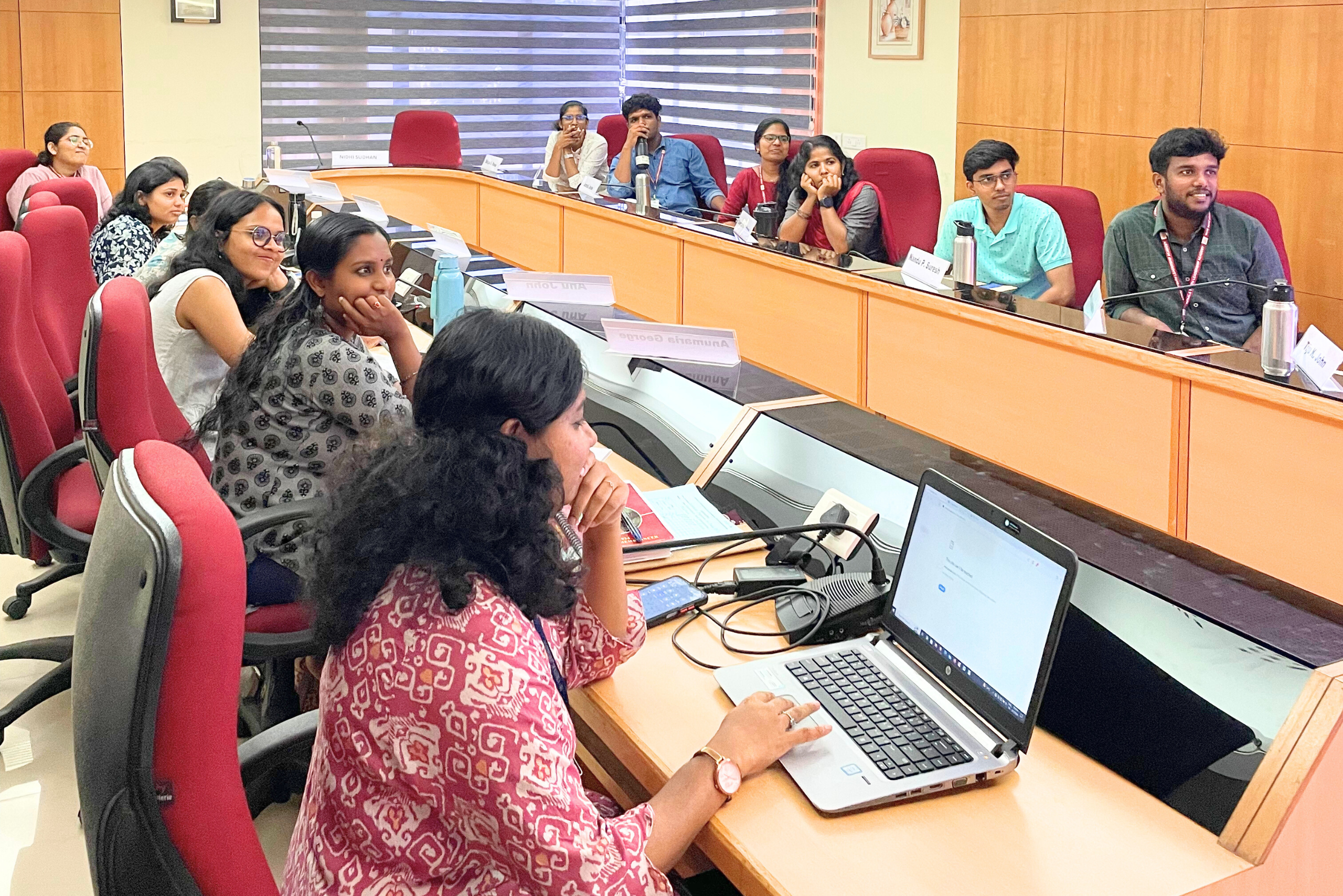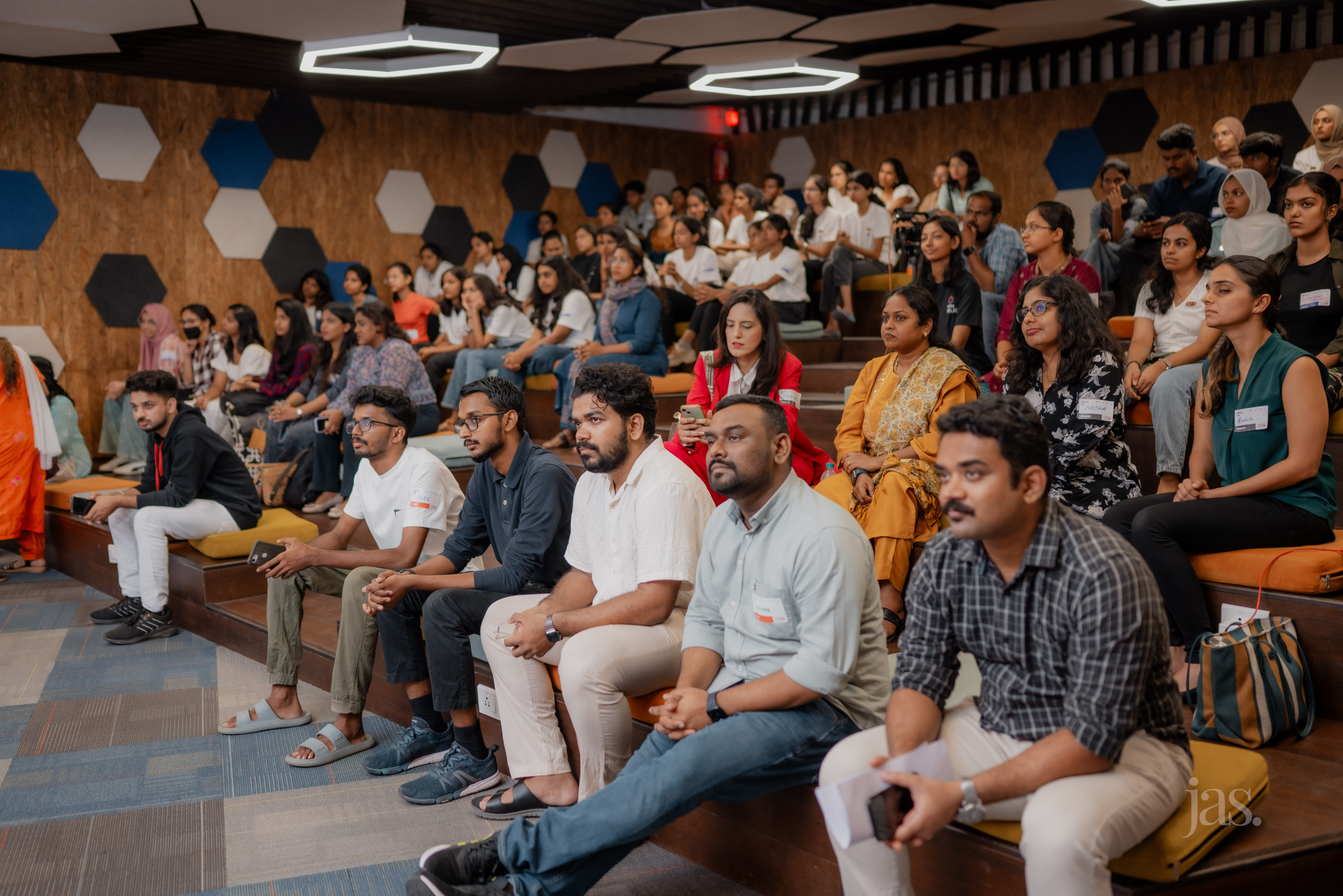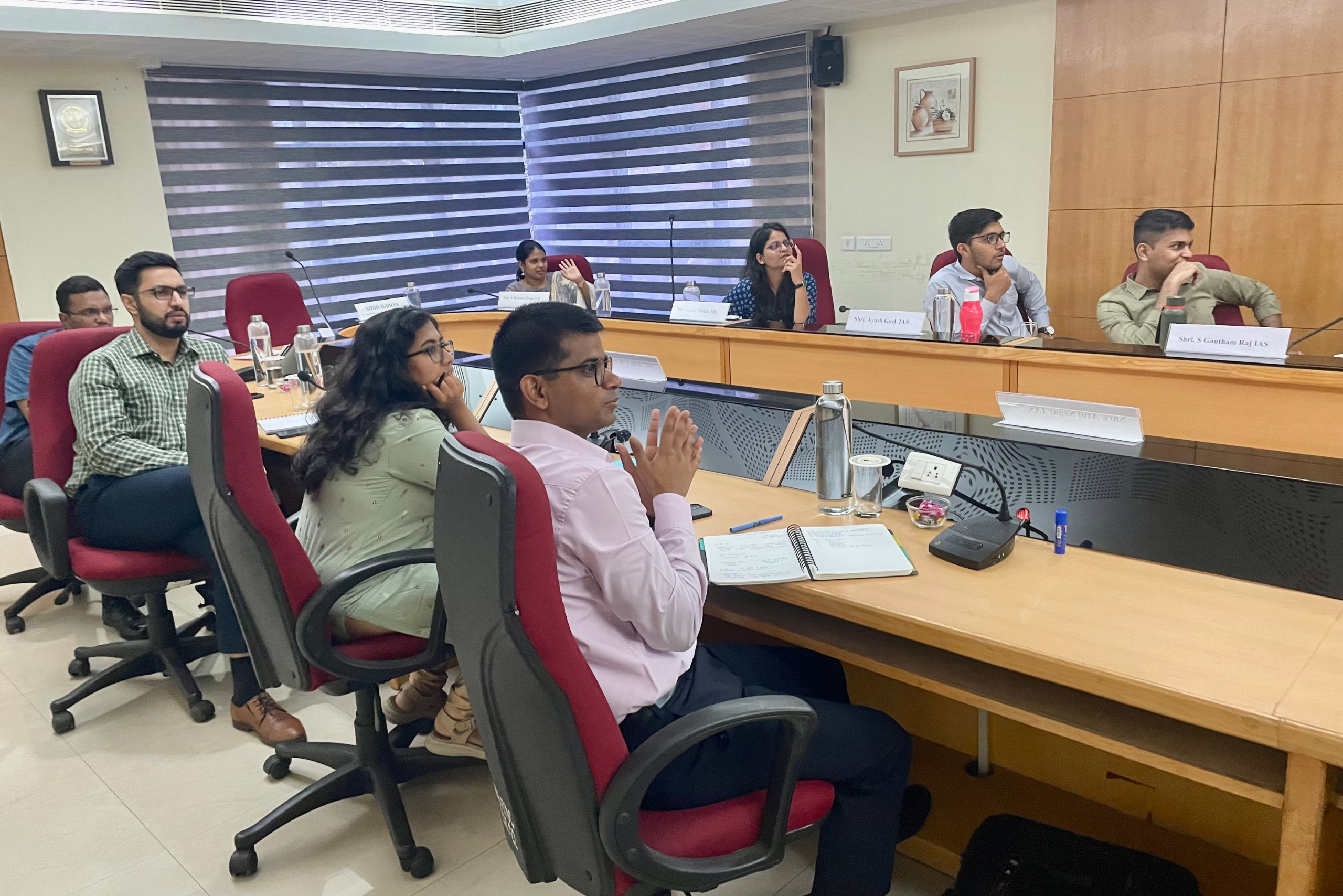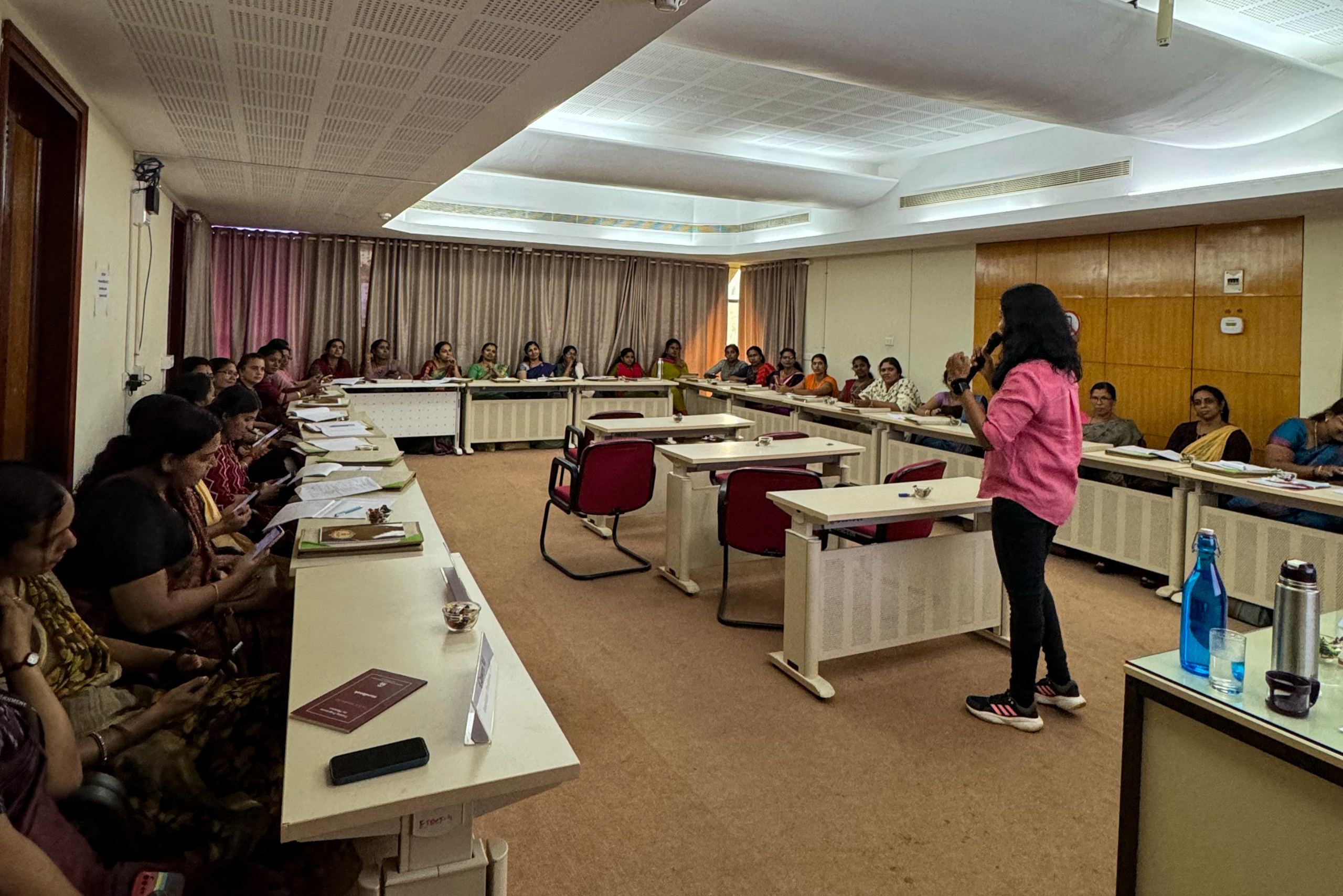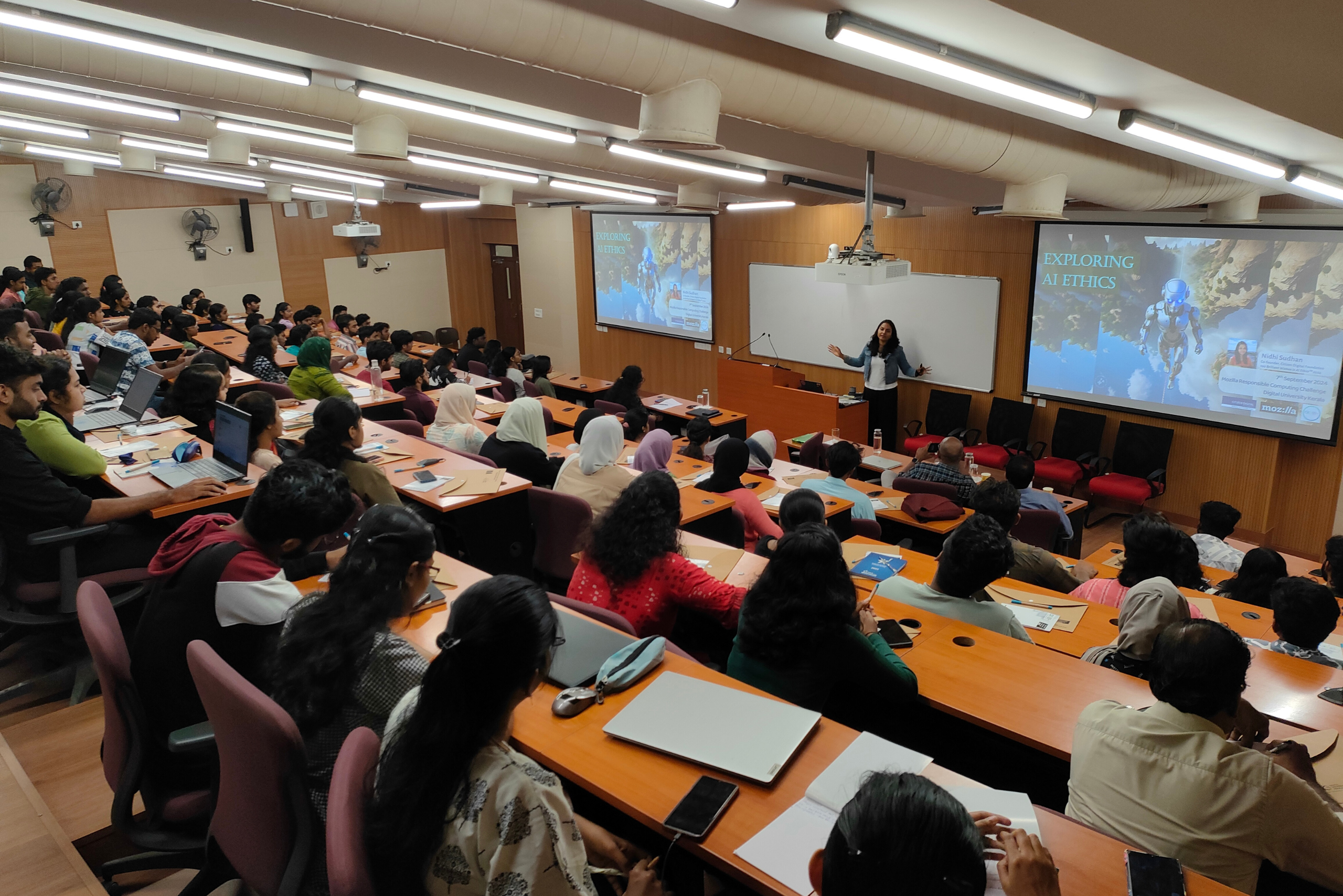Every Indian has the right to use the internet and information technologies safely, and to their advantage. Warped business models, bad actors, and a lack of awareness and safety regulations make it highly challenging for us to maximise technologies for our productivity and growth.
We at CDF are working to address the fallouts of junk-tech by creating awareness among end users, and nudging businesses and governments to collaborate towards building safer technologies with robust governance.
87
8300+
36
Supported by

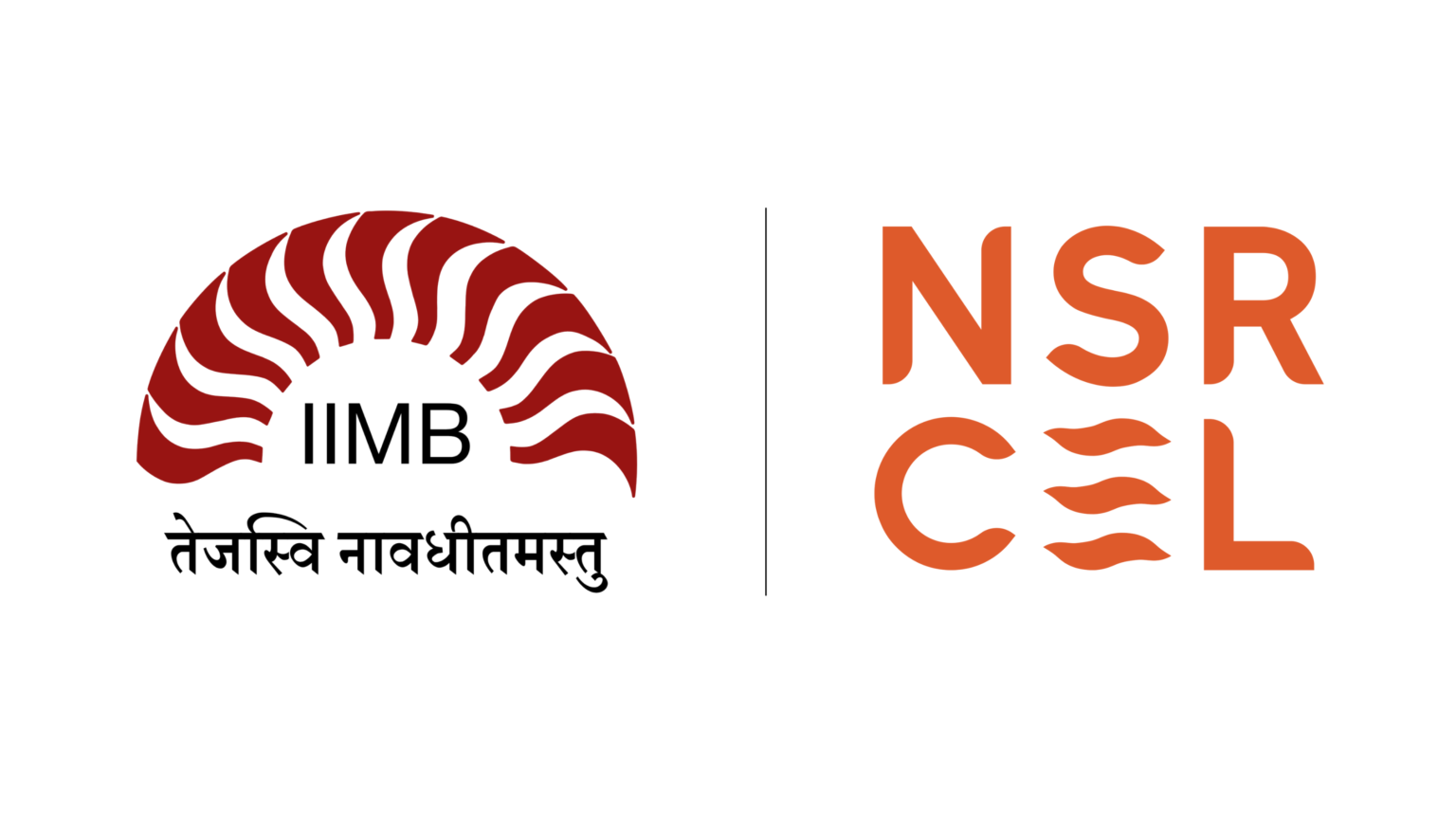
Past supporters


Our
Work
What is going on?
Over 59% of the world now uses the internet for work, play, or both. From search engines and social media to online shopping and entertainment streaming, now turbocharged by AI, the digital landscape remains a place of hope and opportunity for millions. And yet, it poses challenges no one prepared us for. With lives and livelihoods moving online, all of us have questions, concerns, and fears about our day-to-day digital experiences.


Why the urgency?
What is being done?
Influential Silicon Valley designers, engineers, and product managers are speaking out and stepping up for change. There are various ongoing discourses on governance of exponential technologies to ensure safety and accountability. Responsible tech developers, tinkerers, AI ethicists, scholars, tech policymakers and governments in India and elsewhere are beginning to actively build solutions to these techno-social challenges along with civil society organisations working to step up Information Literacy among end users.
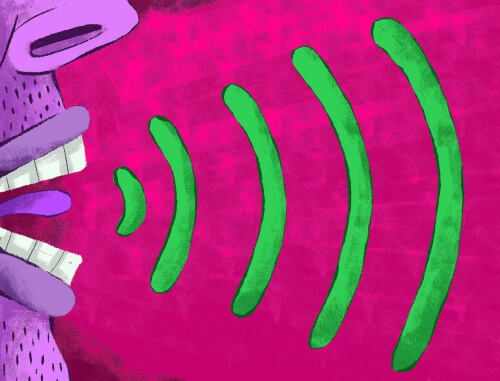
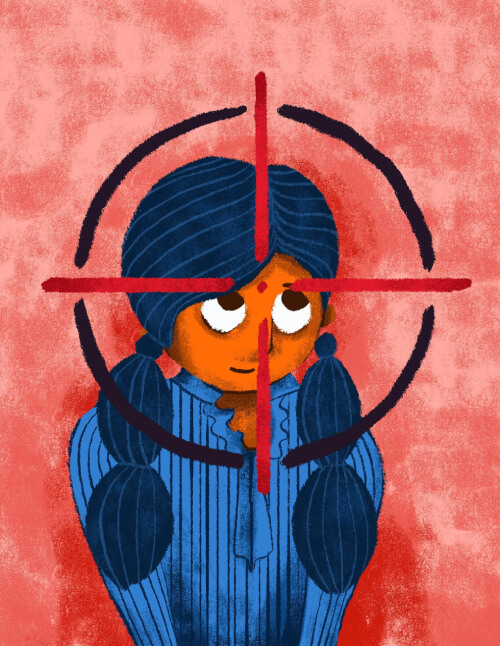
Why India must act now.
Half of India’s population is now online, making us one of the world’s largest and most lucrative digital markets. Most corrective measures however, are taking place in English-speaking countries, and on English versions of the platforms. In the absence of strong resistance and robust regulations, global digital platforms will not allocate resources to address the negative consequences of their products in culturally and linguistically diverse countries like India. Plus, India’s own ambitious technological aspirations often make digital Indians susceptible to unethical targeting and experimentation, unhinged commercialisation, large-scale surveillance, privacy breaches, and fraud. While children, the elderly, minorities, the undereducated, and the marginalised are most vulnerable, no one is exempt.

CDF supports the Sustainable Development Goals
The 17 Sustainable Development Goals (SDGs) are an urgent call for action by all countries – developed and developing – in a global partnership. They recognise that ending poverty and other deprivations must go hand-in-hand with strategies that improve health and education, reduce inequality, and spur economic growth – all while tackling climate change and working to preserve our oceans and forests.
UN Department of Economic and Social Affairs
CDF’s work fulfils the following Sustainable Development Goals
Be part of the
Solution
The
Flip Side
Misinformation
Harassment
Information Warfare
Online Child Sexual Abuse
Distraction, Egotism, Isolation
Surveillance
Data and Privacy Breaches
Subconscious Targeting, Behaviour Manipulation
Election Engineering, Consensus Hacking
Hate Speech, Polarisation
Associations
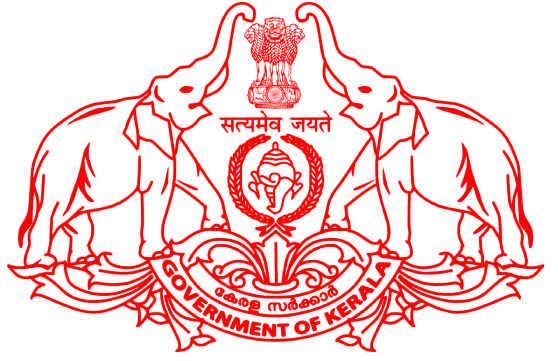
















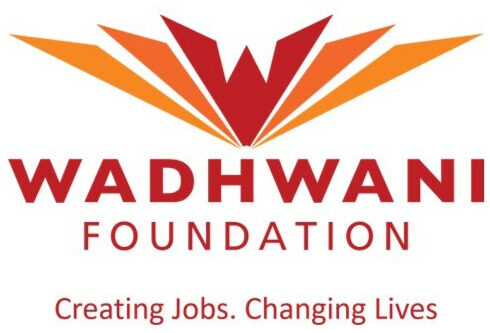


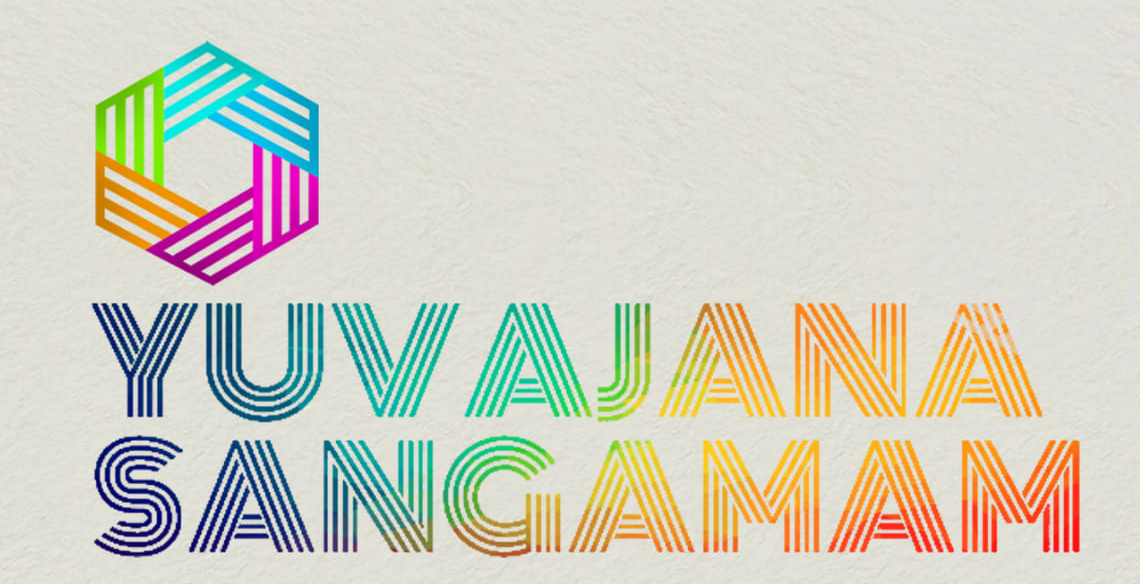




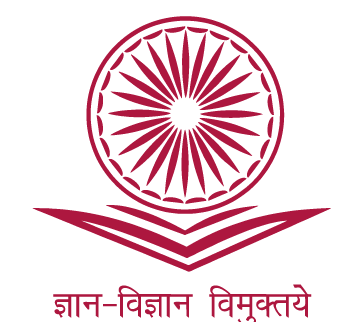
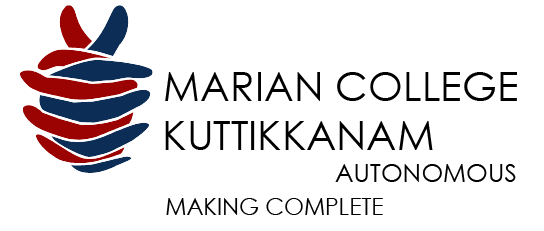
Collaborations





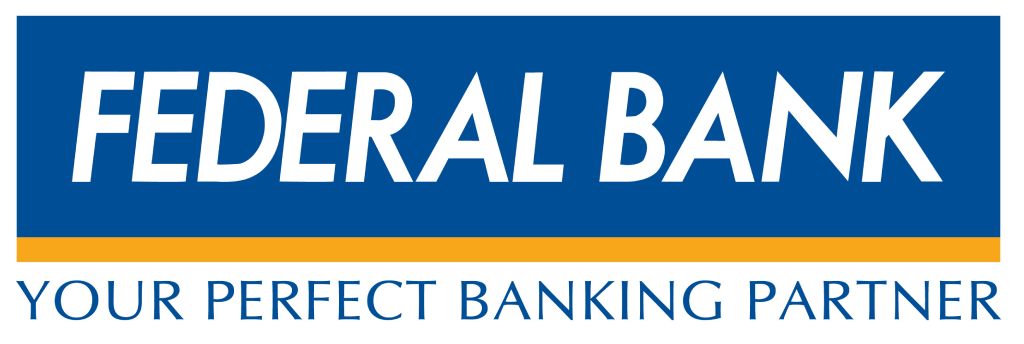

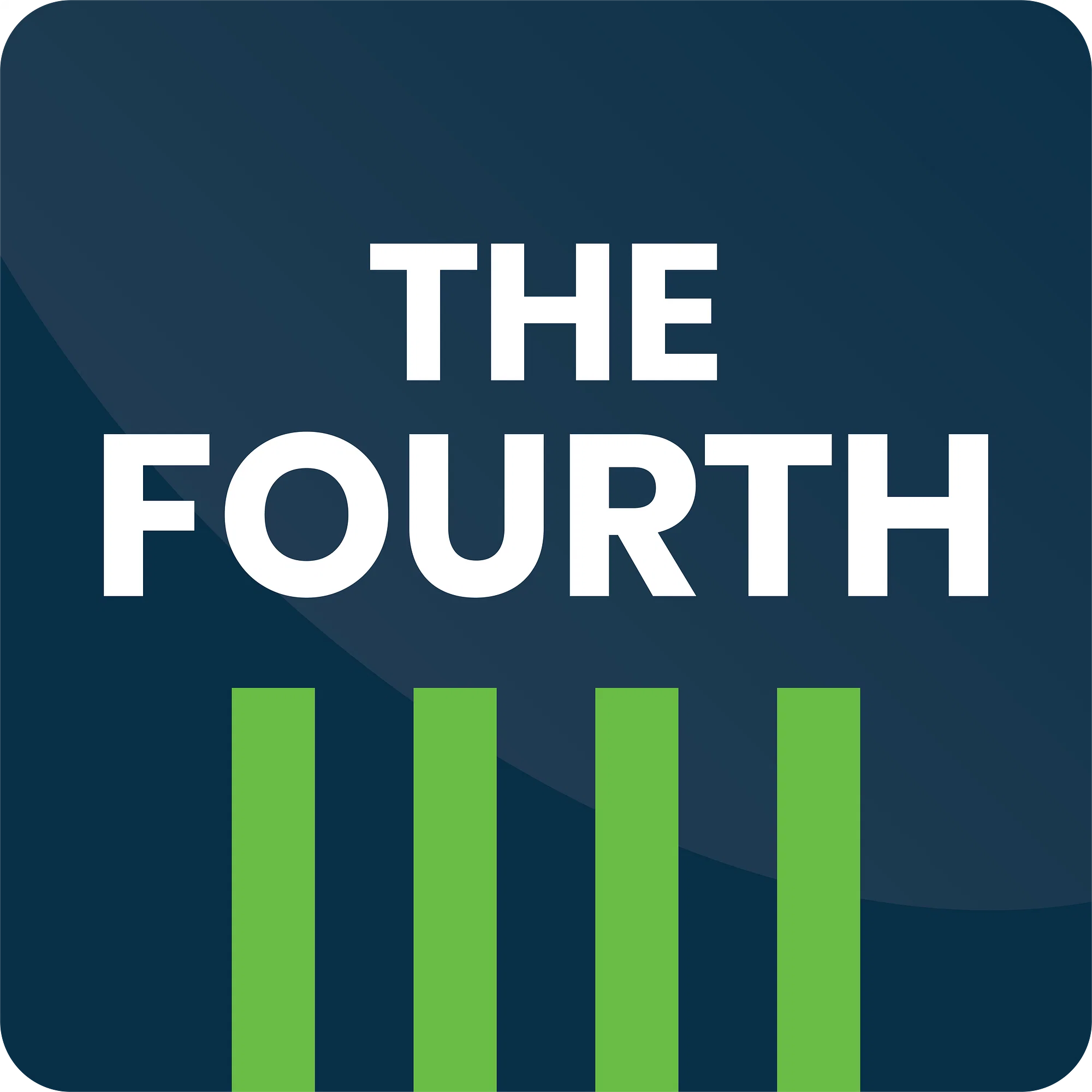

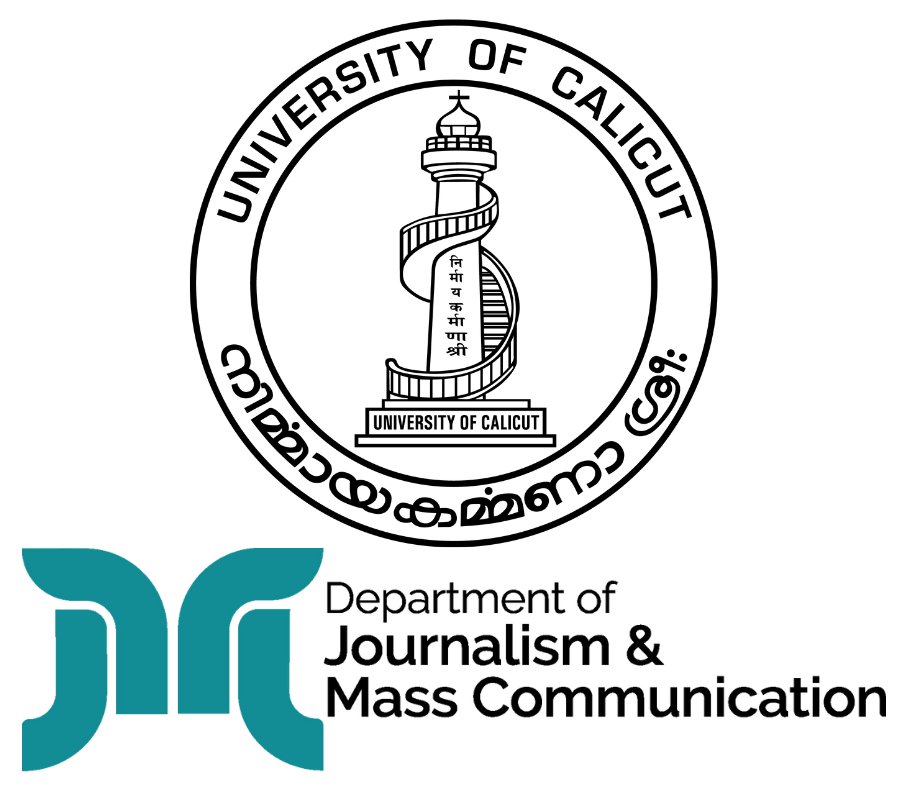

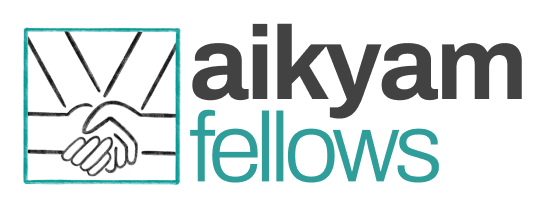





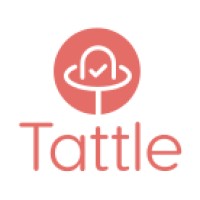

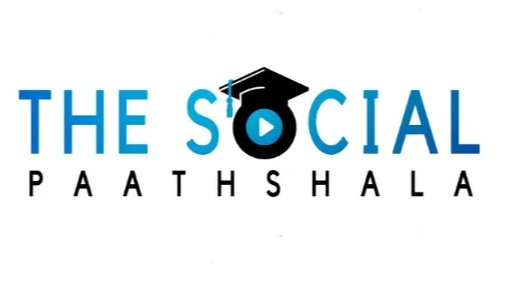



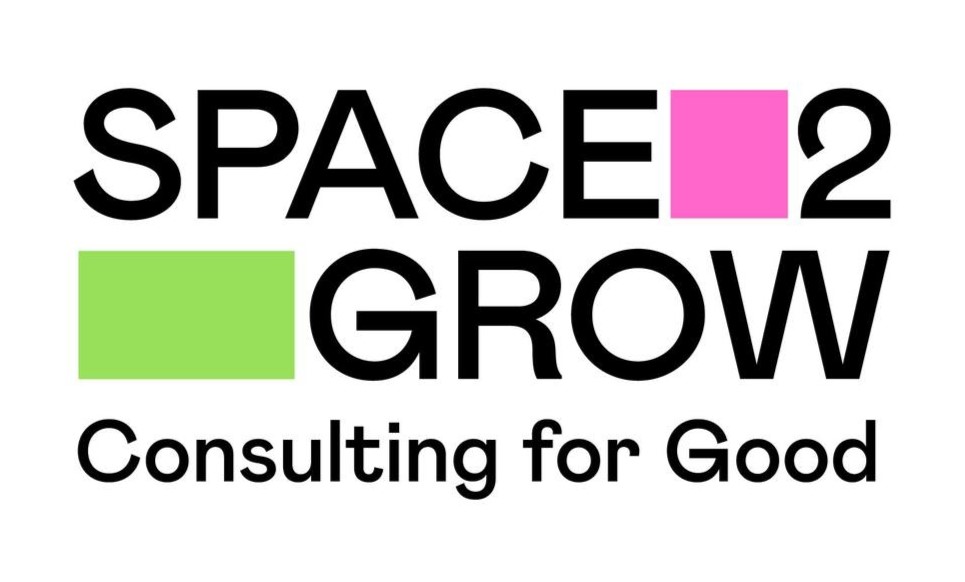
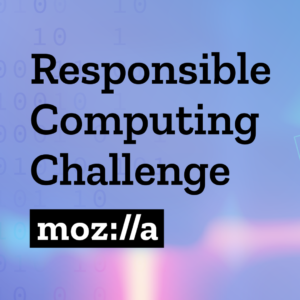
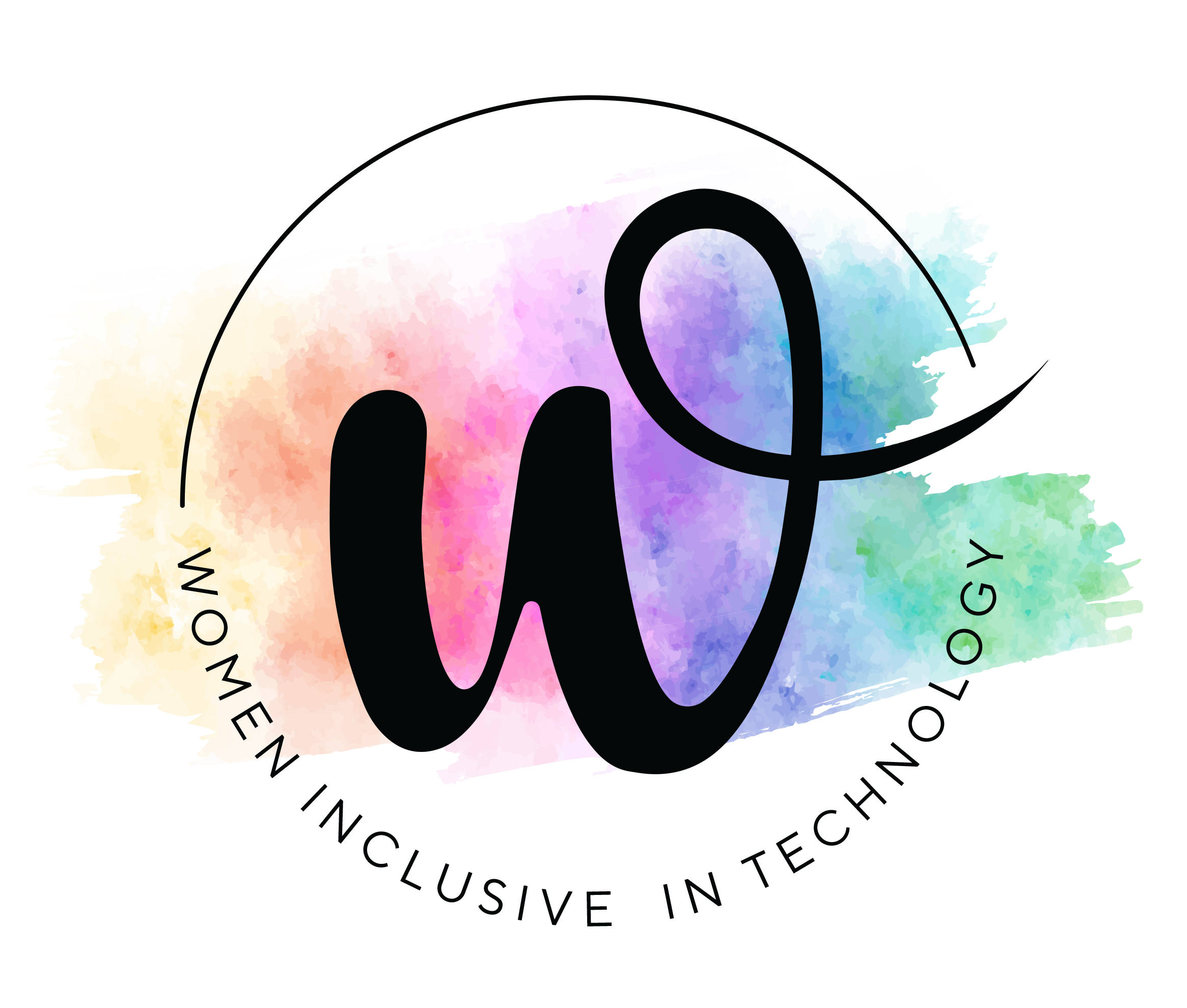




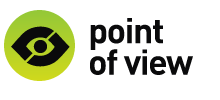
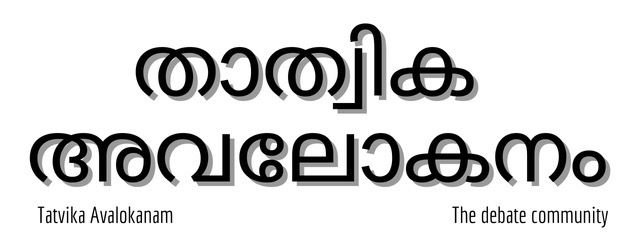
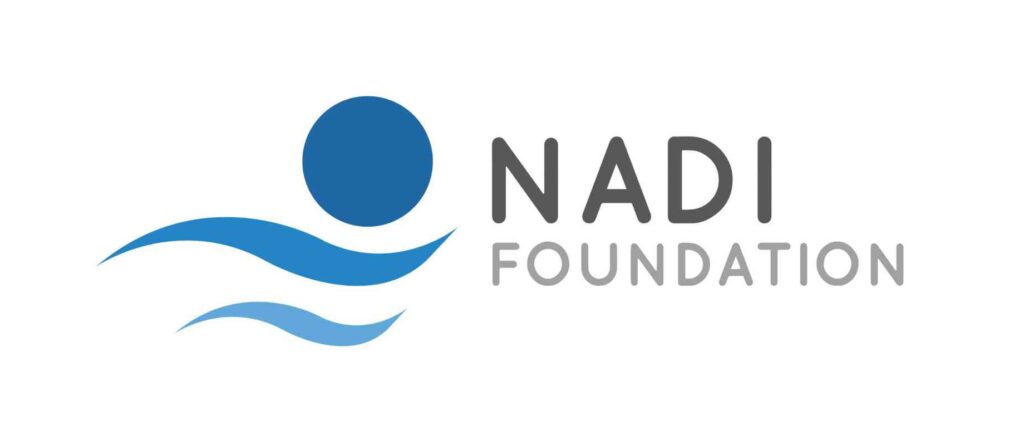
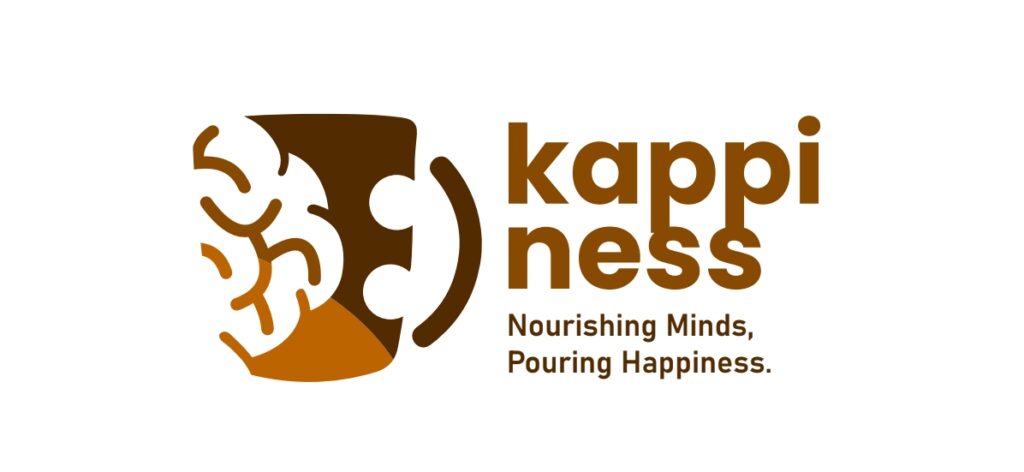
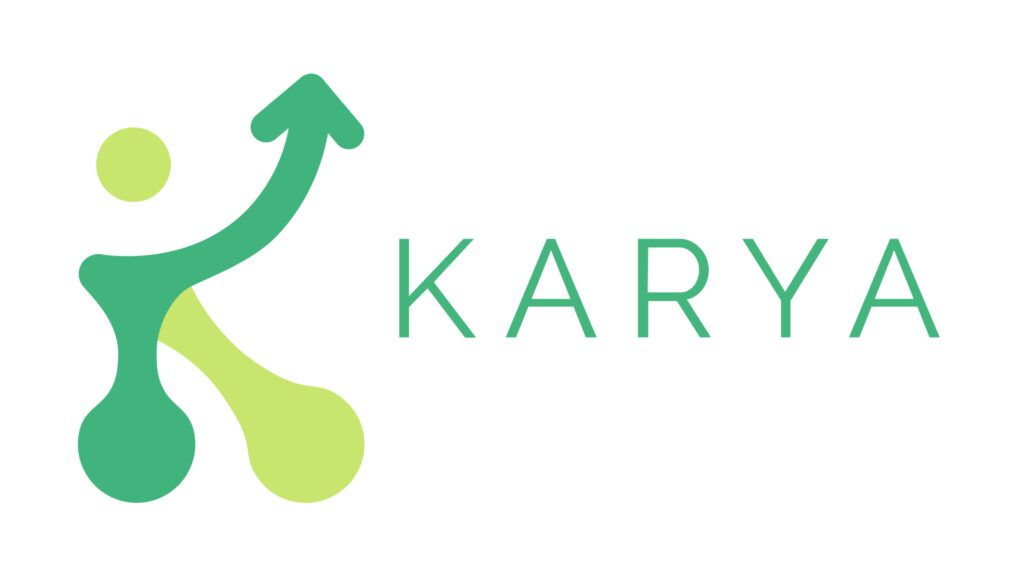

What they say
"Very helpful and to-the-point presentation. Loved the presentation; made my perspective much more broader."
"Very good session... Well prepared and systematic"
"Precise and informative."
I have
Questions
Symptoms of device addiction:
- Reaching out for your smart device too often.
- Constantly consuming or creating and sharing content online, if that’s not your profession.
- Anxiety over the likes, shares and comments your posts get.
- Choosing to scroll/binge every time you’re bored, alone, anxious, upset, or want to avoid a task or even people.
- Withdrawal symptoms when trying avoiding devices.
- Today’s children are digital natives. They need technology to learn and develop. That’s why it is all the more important for parents to help them develop a safe and healthy relationship with technology, while keeping the door for conversations always open. Instructive, instead of restrictive approaches result in a more critical understanding of the threats. Our workshops give parents more insight into such methods.
- According to UNICEF’s SOWC 2017 Report, “It has never been easier for bullies, sex offenders, traffickers and those who harm children to contact potential victims around the world, share images of their abuse and encourage each other to commit further crimes. Digital connectivity has made children more accessible through unprotected social media profiles and online game forums. It also allows offenders to be anonymous – reducing their risk of identification and prosecution – expand their networks, increase profits and pursue many victims at once. Children’s privacy is also at stake. Most children – and many parents – have very limited, if any, awareness of how much personal data they are feeding into the internet, much less how it might one day be used. No child is safe from online risk, but the most vulnerable are those most likely to suffer the harms.”
- Children under 12 spending more than 2 hours online for recreational purposes could develop cognitive and social impairments, as well as attention deficit and focus issues.
- Lifestyle, body and career perceptions peddled on social media are known to create unreal expectations in teenagers, leading to mental health challenges like depression and anxiety, irritability, violent behaviour, and suicide.
- Consumption of lewd, violent content online desensitises developing brains, leading to bully behaviour.
While your computer is connected to the Internet, the malware a hacker has installed on your PC quietly transmits your personal and financial information without your knowledge or consent. Or, a computer predator may pounce on the private information you unwittingly revealed. In either case, they will be able to:
- Hijack your usernames and passwords
- Steal your money and open credit card and bank accounts in your name
- Ruin your credit
- Request new account Personal Identification Numbers (PINs) or additional credit cards
- Make purchases
- Add themselves or an alias that they control as an authorized user so it’s easier to use your credit
- Obtain cash advances
- Use and abuse your Social Security number
- Sell your information to other parties who will use it for illicit or illegal purposes
Been a victim of stalking, trolling, bullying, doxing, shaming? You are not alone.
Who targets us and how.
Read more…
“Don’t force the user to ask for more content, just give it to them.” Infinite Scroll evangelist Aza Raskin’s wish was granted, and swiftly “weaponised” to keep us endlessly refreshing our apps like gamblers desperately tugging the lever of a slot machine. Today Mr Raskin calculates, conservatively, that the infinite scroll wastes an extra 200,000 human lifetimes every day. – The Telegraph, 2019
“Netflix knows you better than you know yourself.” Xavier Amatrian, Former Netflix Data Scientist.
“93% of all hate speech posts reported to Facebook remain on Facebook. This includes content advocating violence, bullying and use of offensive slurs, and other forms of Tier 1 hate speech, reflecting a near total failure of the content moderation process.” – Equality Labs Facebook India Report 2019.
“Academic studies have demonstrated that people are more likely to share information with their social networks that conforms to their pre-existing beliefs” – Knight Foundation Whitepaper, 2018
“Fifty-five percent feel like their spouse/partner spends too much time on their cell phone, and 48 percent wish their significant other would spend less time on their cell phone and more time with their children.”
“If I want to keep you as a user coming back, its’ a lot of work to grab your attention every time,” Mr Raskin explains. “But if I could modify your identity so you do it for me, that’s way more efficient. How would I do that?
“If I could undermine your self-esteem so that you need the validation, and you’re addicted to the attention, that would be neat. How about if I showed you every day that people liked you better if only you looked a little different?”
No wonder, he says, that 55pc of American plastic surgeons say they have seen patients who say they want to look better in selfies.
Social media made it convenient to find all the top news and what people are talking about them, in one space. However, it also started building echo chambers where our biases get validated, so that we continue using the platforms for prolonged periods of time. Meaning, instead of news and views from all sides, the platforms’ algorithms that are designed to engage users, end up amplifying a lot of wrong, unverified information.
Understanding that social media are mainly advertising platforms and not journalistic news platforms is key to sifting false information from real.

